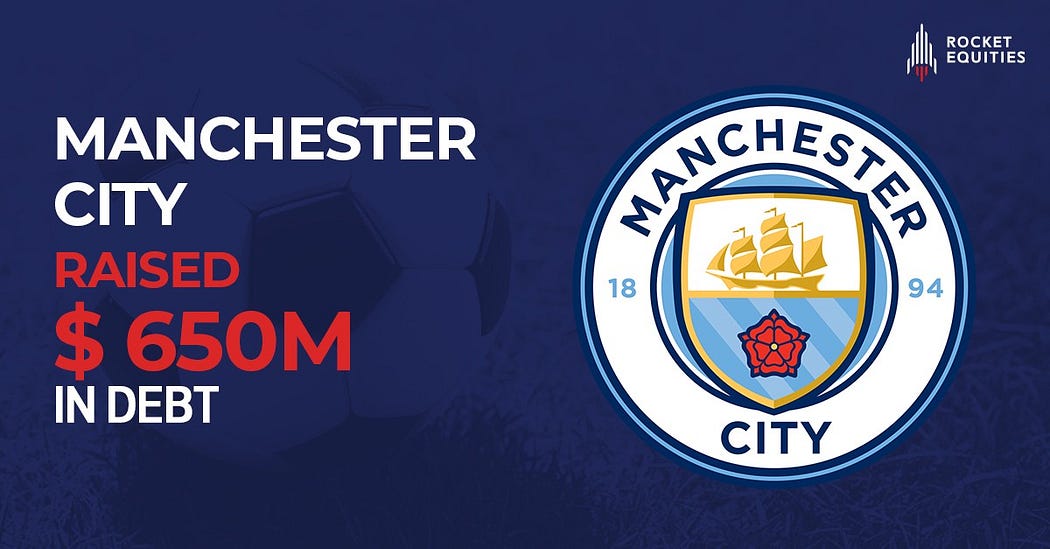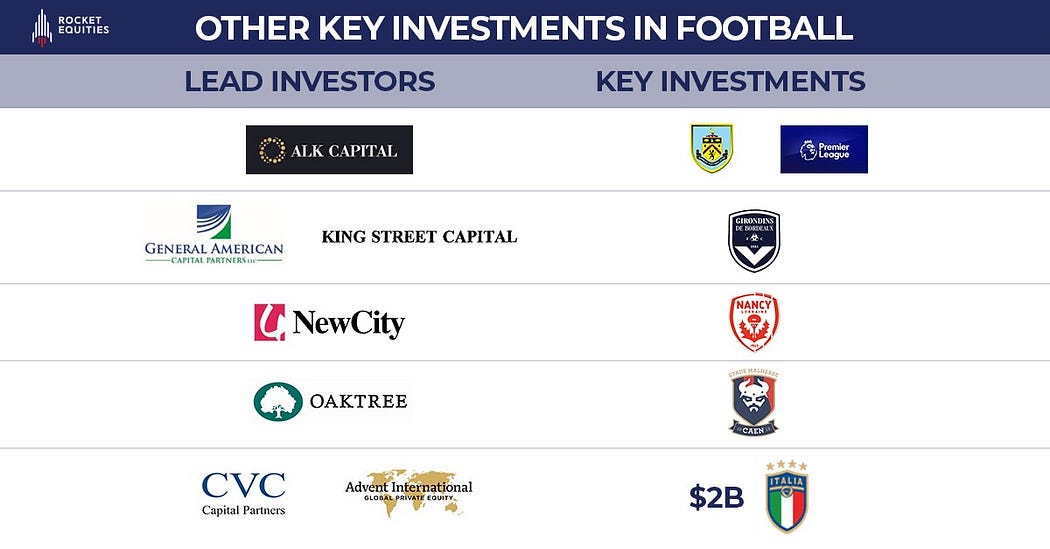How Healthcare Funding in the Philippines Impacts Patient Care — July 08 2025
Explore how healthcare funding in the Philippines improves patient care through better access, upgraded facilities, and stronger medical staff support.
Last week after 2 decades at Barcelona FC, six-time Ballon d’Or winner Lionel Messi decided to leave the club. Unlike a situation where one of the best players to ever grace the sport could choose to leave the club they played for at any point, Messi’s decision was partly derived by Barcelona FC’s financial troubles which found its with a $1.4 bn short term debt liability despite being one of the most accomplished teams of the last decade.
Two other major events stole the show in the world of football in July 2021. The first one being Italy defeating England (who were playing at home) in a engaging and thrilling Euro Cup final. The second, and something most casual football fans might not have seen, was Manchester City raising a record $650 mn in debt. This fundraise comes two years after City Football Group (the company that owns Manchester City, along with clubs in the US, Australia and India) sold a 10% stake to the US private equity firm Silver Lake Partners for $500 mn.

The investment of Silver Lake is just one such investment in the world of football by private equity firms from the US (where football is not even amongst the Top 3 most coveted sports). The recent interest taken by these firms has ballooned the amount of wealth in football, making clubs, players and owners extremely wealthy. Most football clubs serve as attractive opportunities for the private equity investment model, with their stable & predictable cash-flows and recurring revenue from broadcasting, match day sales, merchandising and most capital intensive: player transfers (think of the $260+ mn transfer fees payed for by French club Paris Saint Germain upon the move of Brazilian superstar Neymar from Barcelona FC). Some European clubs have also built up a reputation for consistently acquiring players for relatively low sums and turning them into gems to be sold for high fees.

While Barcelona had received a whopping quarter of a billion dollars for its former player Neymar, Messi’s transfer does not bring in the same kind of revenues due to his now expired contract with the club. Messi moves to football giant Paris Saint Germain (PSG) who will pay Messi a salary of $41 mn. PSG is owned by Qatar Investment Authority (the sovereign fund of Qatar). Barcelona in the meanwhile earlier this week rejected a $3 bn investment proposal from European private equity giant CVC into Europe’s top division LaLiga, which would give it access to inject capital into clubs such as Barcelona and Real Madrid. The deal valued the Spanish league at $28 bn, a valuation that clubs believe is too low.
Two factors have led to the recent interest of private equity firms: first, the pandemic, that led clubs and organizations to seek capital; and second, the rise in online streaming services registering and viewing matches on their platforms.

As mentioned above, an investment by Silver Lake Partners in City Football Group (CFG) was one of the headliners, however, through CFG, Silver Lake was also able to gain ownership in ES Troyes FC, a French club. Fenway Sports Group, the owner of the Boston Red Sox and Liverpool FC, sold 10% of the later to US investor RedBird Capital Partners for around £540 million. RedBird also invested in French Club Toulouse, which is also co-owned by Goldman Sachs Partners (the private equity arm of the bank Goldman Sachs Group). ALK Capital conducted a leveraged buyout to purchase English Premier League club Burnley FC. General American Partners and King Street Capital purchased French club Bordeaux, as did New City Capital in AS Nancy. Another investment in the French league was of Caen by Oaktree Capital. Outside of investment in clubs major private equity firms CVC Capital and Advent International invested approx. $2 Bn in the Serie A (the top division of the Italian Football Leauge).
Although there have been some negative consequences because of this new wave of investment. Fans and supporters of the clubs have complained that now management will base its decisions on financial return. Organizations such as those responsible for the La Liga, English Premier League and the Bundesliga leagues have also begun placing restriction on the capital usage from funds gained through capital raised. Furthermore, the recent backlash faced by clubs due to the European Super League has created some caution about the influence and response to megacapital investors’ involvement in changing the more “traditional” structure and process of football.
League sports have a lot to offer to investors as it brings together the total spectrum of entertainment industry — brands, sponsors, streaming platforms, media & broadcasting channels. fans, teams, players, league organizers, team owners everyone has a stake in the games.
English Premier League (EPL — Football) is the highest valued football league in the world, with their clubs Manchester United, Liverpool, Manchester City, Arsenal, Chelsea, and Tottenham Hotspur having a combined valuation of $3.67 billion approximately, according to Sportico.
FIFA World Cup is the most sponsored event in the world of football. According to the historical financial data published by the organizers, $5.2 billion was generated during the 2018 World up with the broadcast rights being snatched up for $2.8 billion.
Football remains to be the most invested sport in the world with PE funds only taking up minority interest in baseball and basketball teams, and predominantly remaining passive investors. Dyal HomeCourt purchased less than 5% of the basketball team Phoenix Suns at a $1.55 billion valuation, roughly a $77.5 million stake.
However, with a change in regulation PE funds and SPACs are allowed to take up majority ownership in these clubs, so the above is likely to change.
American football (NFL — $11.39 bn), Baseball (MLB — $9.78 bn)and Basketball (NBA- $7.7 bn) are the top 3 sports leagues in terms of the revenues generated.
Sources: